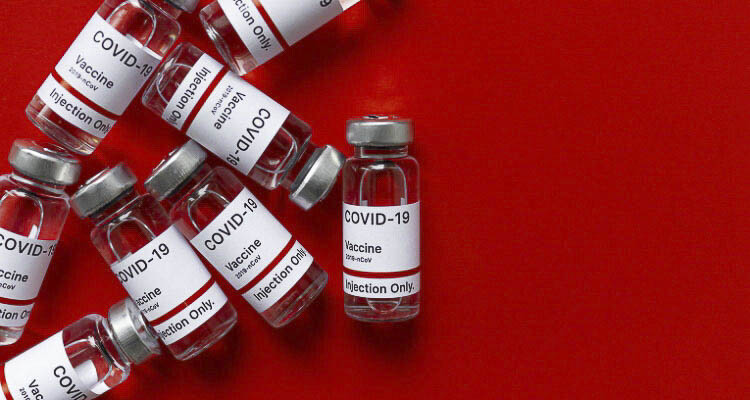
Expert says products can be ‘contributing to negative effectiveness’
A new report from the Epoch Times warns that the more COVID shots an individual has taken, the higher the risk of getting COVID.
The experimental shots, of course, are not really like traditional “vaccines” that cause a body to develop a resistance to a health threat. Instead, they trigger the body to “make a protein fragment” found in the virus, purportedly to provide a “protective immune response.”
The report said the results, from the work of Dr. Naabin Shrestha and others, found, “The risk of contracting COVID-19 was 1.5 times higher for those who received two doses, 1.95 times higher for those who received three doses, and 2.5 times higher for those who received three or more doses.”
The comparison was against “people who received zero or one dose of a vaccine,” the report said, of the results of Cleveland Clinic.
“The exact reason for this finding is not clear. It is possible that this may be related to the fact that vaccine-induced immunity is weaker and less durable than natural immunity. So, although somewhat protective in the short term, vaccination may increase risk of future infection,” the researchers said in the paper.
The Times explained, “Dr. Robert Malone, a vaccine researcher who was not involved in the paper, told The Epoch Times that the paper served as ‘another acknowledgment that the products are not effective or are at very low effectiveness and are contributing to negative effectiveness [down the line].'”
Other studies already have documented that the shots, often mandated by government or corporate officials for Americans during the pandemic, also carry potential side effects including fatal heart inflammation.
The U.S. Centers for Disease Control and Prevention, which promoted as mandatory the shots during the worldwide pandemic that killed millions, still wants virtually everyone 6 months and older to keep taking shot after shot after shot.
The report also cited Dr. Harvey Risch, professor emeritus of epidemiology at Yale, who said, “Multiple vaccine doses may have the effect of antibody-dependent enhancement or ‘original antigenic sin,’ which increase the infection response disproportionally to antibodies generated from the first vaccine dose, rather than from the current vaccine or the current infection, making the antibody response less effective.”
Also read:
- Opinion: Why Bob Ferguson is wrong and what SMF is doing about itSilent Majority Foundation challenges Bob Ferguson over alleged rights violations in federal lawsuit.
- Silent Majority Foundation files lawsuit on behalf of former state employees who were terminated under policy requiring a COVID-19 vaccineSilent Majority Foundation files a lawsuit on behalf of former state employees alleging constitutional violations over a COVID-19 vaccine mandate.
- Letter: New movie on COVID vaccine victims deserves a watchRichard Beamish discusses the documentary on COVID vaccine victims, urging viewers to watch.
- Vancouver screening scheduled of ‘Vaxxed III: Authorized to Kill’Vancouver screening of ‘Vaxxed III: Authorized to Kill’ scheduled for Sept. 18 at Vancouver Mall 23.
- Study: Risk for getting COVID rises with each shotA new report from the Epoch Times warns that the more COVID shots an individual has taken, the higher the risk of getting COVID.
- ‘That’s a scandal’: CDC knew COVID shots caused deaths, but lied with public denialsA new report from the Epoch Times reveals its investigation shows that the CDC knew of the links between the COVID shots and death – and lied about them.
- FDA agrees to remove anti-ivermectin posts off the internet in lawsuit settlementThe Food and Drug Administration has reportedly settled a lawsuit brought by three doctors who accused the health regulator of interfering with their ability to practice medicine and prescribe Ivermectin to treat COVID.
- No good news about student learning on 4-year anniversary of COVID school closuresFour years ago this month, schools nationwide shut down as COVID-19 numbers skyrocketed and students were sent home for what was initially planned to be two weeks.












